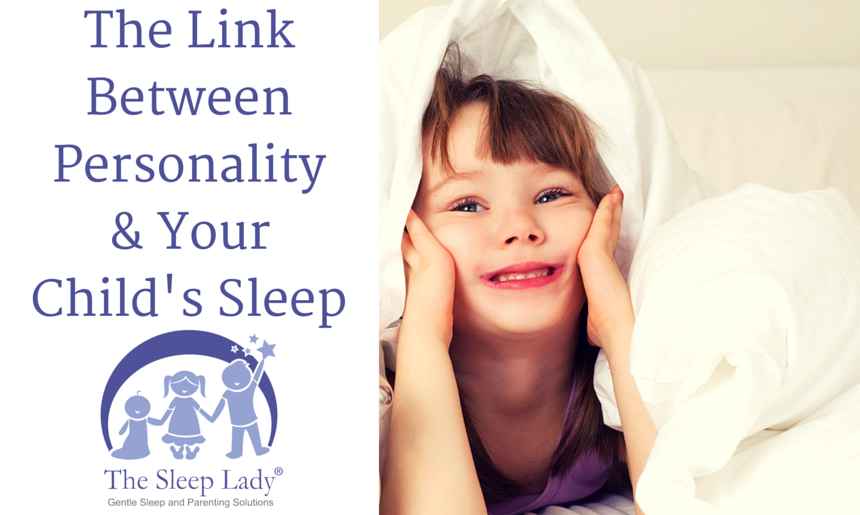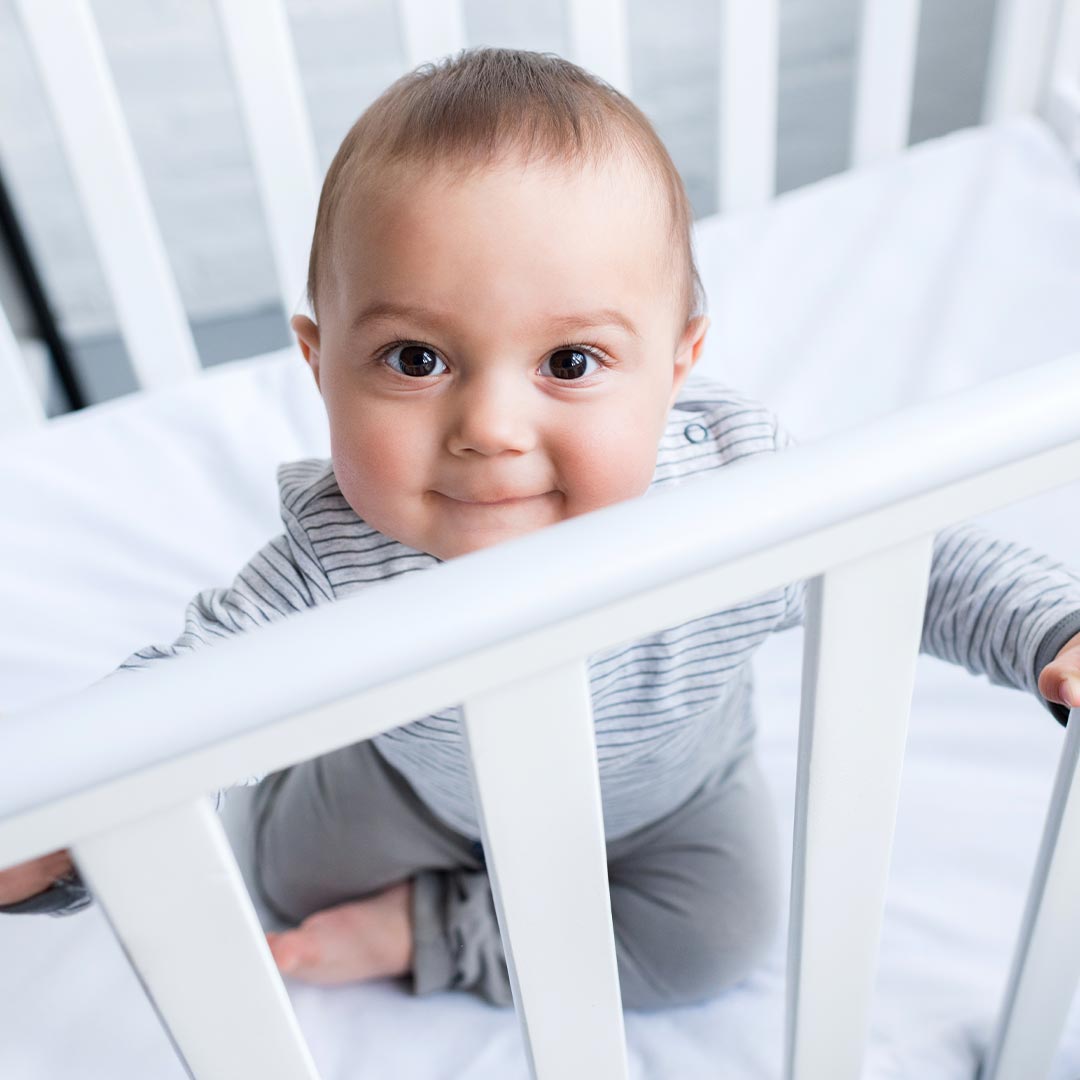I am excited to collaborate with Christina, a mom with some great first-hand experience dealing with a super-alert child, as she shares below.
When I was pregnant with my firstborn I became fascinated with the idea that a full-fledged human being with her own likes and dislikes, needs and wants, personality and preferences, was inside me just waiting to blossom and be discovered.
What would she be like? I had the typical mom concerns, of course: Would she have any physical challenges? Would she be a “good sleeper” or have raging colic? But the thing that captured my imagination the most was what she would really BE LIKE. I wondered about her personality and our eventual relationship. So much is unknown about the life a mom carries inside of her. So much is yet to be made known.
Then, I discovered, once your child is born, it is not as if all of our questions are answered right away. Immediately, I became fairly distracted with the absolute essentials of feeding and caring for this tiny newborn. My philosophical waxing was put on the shelf!
When Does Personality Start to Show?
Yet, while I was consumed with caring for and helping my little girl navigate nursing, naps, and eating solids, I was actually seeing a lot more of her real personality than I recognized at the time. It is in the looking back and reflecting that I realize how much was already on display.
In the midst of the early years, a child’s personality is still “becoming” and yet so much is already there, in place, waiting to be expressed. Webster’s says personality is the totality of an individual’s behavioral and emotional characteristics. It is what determines our temperament, our disposition, and in part, our character.
This is not a nature versus nurture discussion but I want to affirm you in this: what you do MATTERS in your child’s growth and development physically, psychologically, socially, and emotionally. Not everything is set in stone, so to speak, when a child comes into this world. Our nurturing and attachment has a profound and lifelong impact on our child’s life and personality.
When we see how our little one struggles with sleep, for instance, we are looking through a window, albeit a hazy one, into their personality.
That being said, sometimes when we see how our little one struggles with sleep we are looking through a window, albeit a hazy one, into their personality. Consider the preview you are getting into your child’s personality as you are alongside them in their learning to sleep. Don’t fall into the trap of thinking that a struggle you have now is evidence of a negative trait! It is not! We are all complex beings and a “negative” typically has a very strong positive side to it.
She ALWAYS Wanted to Be Held

In the early months of my daughter’s life, I held her a LOT. I did put her down to sleep in her bassinet and then crib. She took a long time nursing and I was never quite sure if she was “done,” so I kept her with me for extended periods of time. During this phase, she slept soundly for naps and nighttime. But as she grew and was not being held her for long periods of time, she seemed less secure and needed more reassurance around sleep time. She wanted to be with us and would do almost anything to make that happen, including hopping out of her toddler bed over and over and over again!
She dropped napping early and no amount of training or coaxing would change that. I settled for Quiet Time alone in her room for an hour. Nope. Not going to happen. Every sight and sound was sensed and responded to. And what was I up to, she wondered? Can’t we just be together?!
Personality and Sleep
Now that she is older I see how much her personality was being revealed in her sleep patterns. My daughter is very alert. She acutely absorbs what is going on around her in terms of sights, sounds, emotions, and needs. In this way, she is “in touch” with the feelings of others, the need of the moment, and the temperature of others’ interactions. What a gift! She will never be a distant or unfeeling person!
She is regularly thinking about “what is next,” asking about the schedule, the plan, the time we need to be somewhere. We sometimes work on relaxing and knowing when to be concerned about being on time and the important concept of flexibility. This all means that she has become quite the planner and schedule-keeper. She meets deadlines and is attentive to completing tasks as expected. These are terrific qualities in someone and I delight in seeing her excel in these ways.
Be Alert For the Alert Child (Or Any Other Personality Shining Through!)

So, what do you “see” in your child’s sleep patterns? This is tricky and pretty hard to see clearly early on. A better way to think about it is to believe that your child is unique in temperament, disposition, and character and that his uniquenesses will be expressed in how they interact with the environment, with people, and even how they sleep.
Once I realized I had a super alert child it helped me have compassion for her and work even smarter to help her get the sleep she still needed.
When we purpose to have compassion for our struggling child we will be more patient in the process. We will be calmer. We will want to be alongside them in the process and help them feel more secure.
When we purpose to have compassion for our struggling child we will be more patient in the process.
From The Sleep Lady: 4 Tips For the Alert Child
Do you suspect you, too, have a spirited or super alert child? If you were nodding along reading Christina’s story, then chances are, you do. If your child’s personality is showing its beautiful colors in a way that leads to sleep struggles, then I can offer some practical ideas to help your child get that always-needed sleep, no matter what personality they have:
- Watch and respect their schedule. A happy, energetic child who enjoys a full day of play (at the time) may be overstimulated and not able to settle down for a nap or bedtime. Pull back on your level of activity a little and see if it has an effect on their transition to sleep.
- Ease them into sleep with lots of verbal and nonverbal cues. Developing and sticking to a well-planned sleep routine for naps and evening bedtime is essential for the alert child. Preschoolers, especially, will thrive on the details on a routine.
- Itsy Bitsy Yoga, or a similar kind of baby massage, could help your child slow down and move towards sleep.
- Cool, dark, and comfy! Make the room cool enough for good sleep, make it dark enough with room darkening shades so that light does not distract, and be sure the bed sheets and PJs are super soft and comfy.

Christina is a stay-at-home mother of three children, ages 12, 11, and 9. She has home schooled her children since her oldest began learning her letters at age 2. She considers her greatest accomplishment is teaching her children to read as that opened the doors to all learning for them! Along the way she realized she was a bit of a grammar nerd and began editing books that were already published, making little notes on the back of each book. Now she enjoys freelance editing and writing particularly on the topic of babies and young children.




